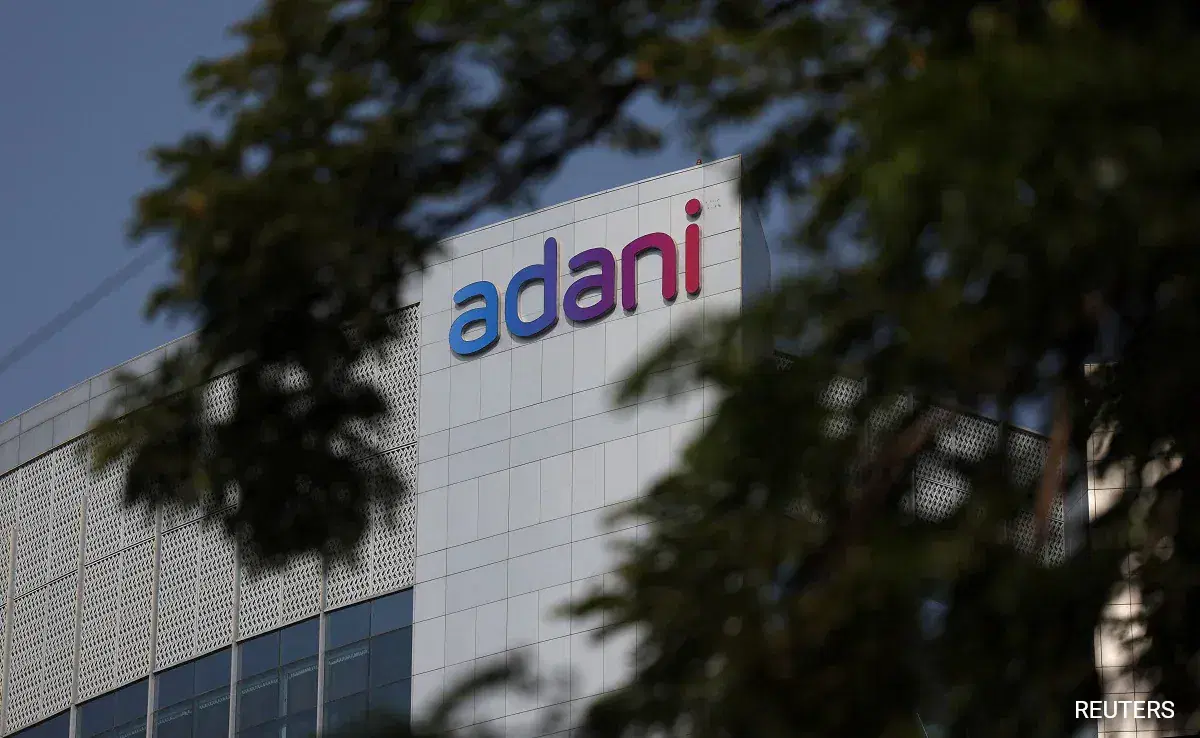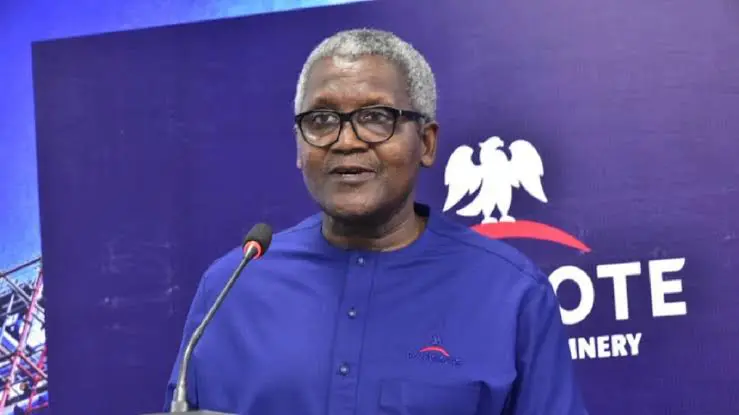The National Bureau of Statistics’ most recent data on foreign direct investment shows that 28 states failed to draw in capital importation during the first quarter of 2023.
Only Lagos, Abuja, Adamawa, Akwa Ibom, Anambra, Ekiti, Ogun, Ondo, and Niger saw capital inflows out of the 36 states and the Federal Capital Territory.
The NBS disclosed that there was a 28 percent decrease in total capital importation when compared to the first quarter of 2022.
The overall amount of capital inflows was $1.13 billion. Lagos ($704m), Abuja ($410.27m), and Akwa Ibom ($5.21m) drew the most capital throughout the reviewed period.
According to the report, Adawama brought in $4.50 million, Anambra $4 million, Ogun $2.09 million, Niger $1.50 million, Ondo $0.20 million, and Ekiti $0.01 million.
According to the report, “Lagos State maintained its position as the leading investment destination in the first quarter of 2023 with $704.87 million, or 62.23% of all capital investments in Nigeria. Abuja, valued at $410.27 million (36.22%), came next.”
Additionally, it was revealed that portfolio investments, which made up 649.28 million dollars, or 57.32 percent of the total amount of capital imported in Q1 2023, were the source of the highest capital import during the time.
According to sector analysis, the banking industry saw the largest influx of capital in Q1 2023, amounting to $304.56 million, or 26.89% of all capital imported.
The import of capital into the production sector, valued at $256.12 million (22.61 percent), and IT Services, valued at $216.06 million (19.08 percent), came next.
It was also revealed that the first quarter of 2023 saw the highest level of capital imports from the UK, “followed by the United Arab Emirates and the United States valued at $108.28m (9.56 percent) and $95.36m (8.42 percent) respectively.”









